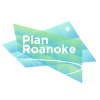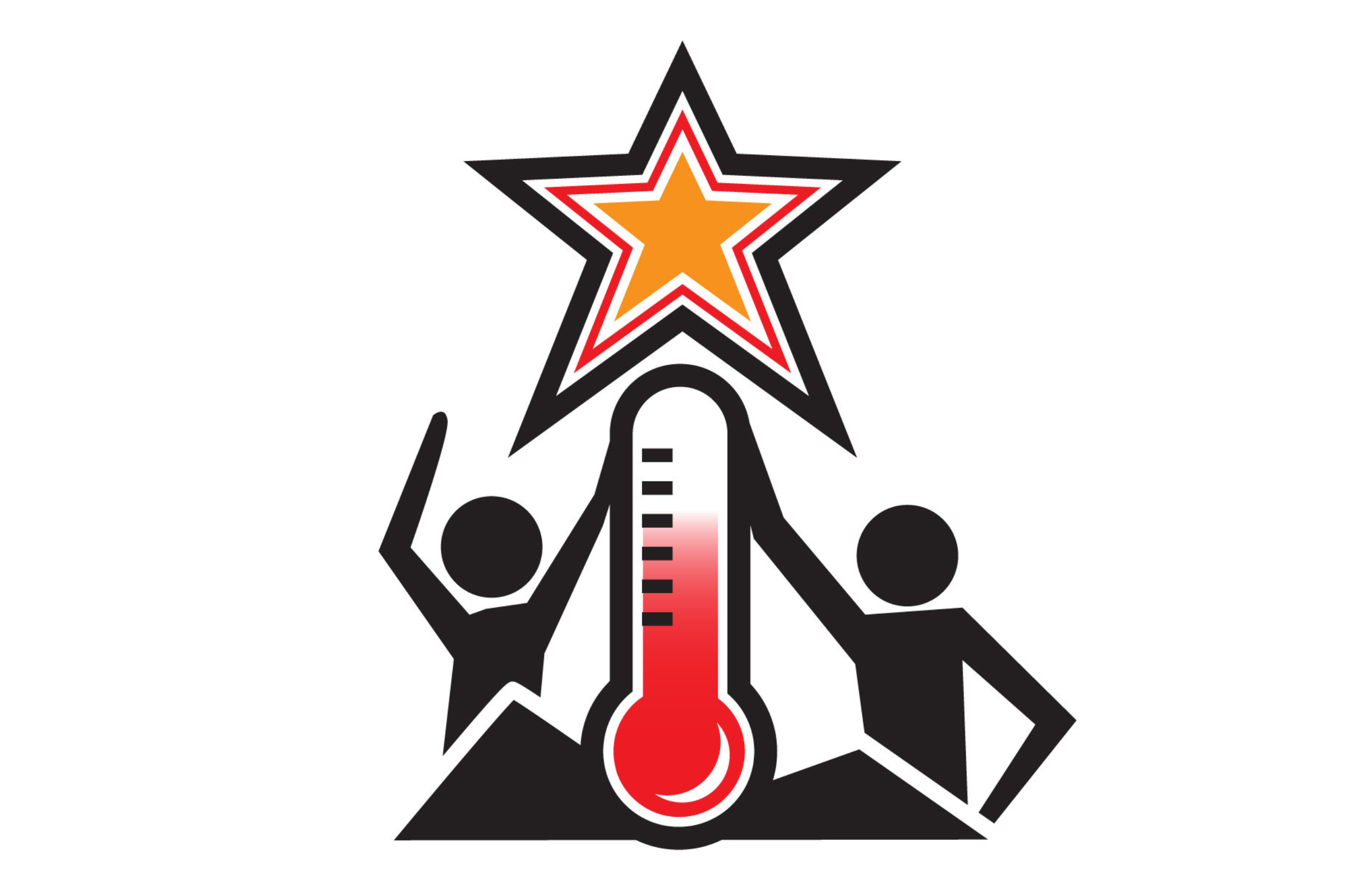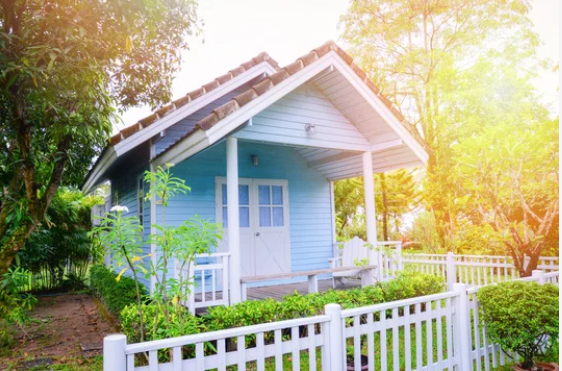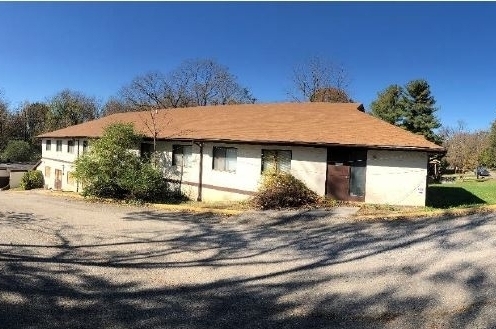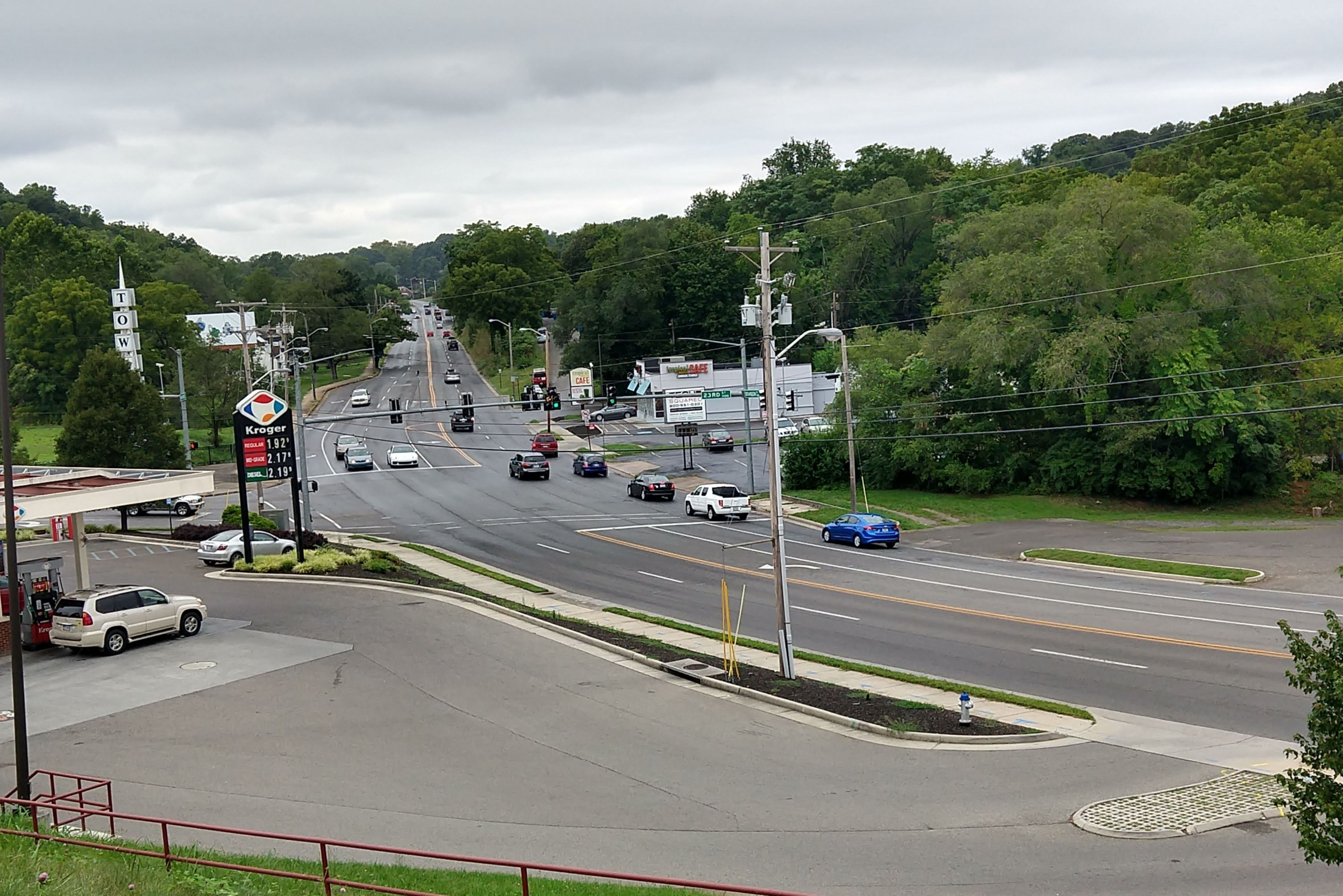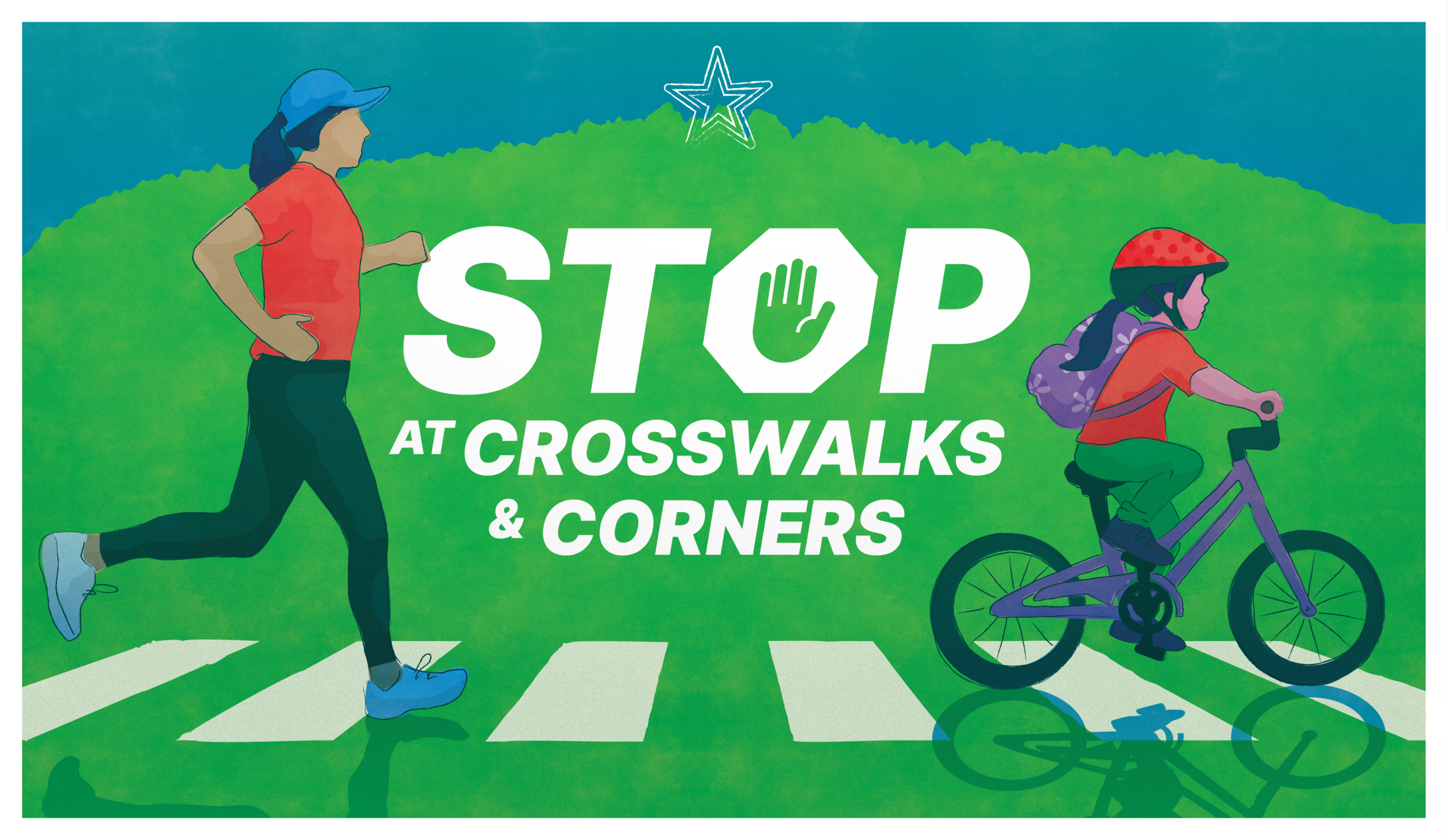What is the Melrose-Orange Target Area (MOTA)?
In 2014, the City began allocating HUD funds in the Melrose-Orange Target Area. The MOTA encompasses portions of the Loudon-Melrose and Melrose Rugby neighborhoods. The boundaries extend from 10th Street NW to 24th Street NW, from and Hanover Avenue NW to Loudon Avenue NW. The intent of targeting an area for the multi-year commitment of HUD funds is to encourage private investment and improve neighborhood sustainability. The City receives approximately $2 million in CDBG and HOME funds from HUD each year. At least 51% of these funds have been allocated to projects in MOTA annually since 2014. The City plans to selected Belmont-Fallon for the 2021 program year.
Want to get involved?
Attend a Monthly Community Meeting
The City will hold monthly community meetings to receive stakeholder feedback about the Melrose streetscape project beginning August 9th, 2021. Meetings will be held at the Melrose Library on the second Monday of each month at 6:00 p.m.
HUD Funding Background
Each year, the City of Roanoke receives approximately $2.0 million in Community Development Block Grant (CDBG) and Home Investment Partnerships (HOME) entitlement funds. This funding from the U.S. Department of Housing and Urban Development (HUD) is used to help community members with low to moderate income levels, create attractive and safe neighborhoods, and address other urgent needs. HUD funds can also be used to create and preserve affordable housing options.
Under City Council’s direction, the City devotes at least 51% of these funds into a targeted neighborhood(s) or blocks that qualify as having a majority of its residents as low to moderate income. Generally, the City spends between 4 and 6 years in each target area. Previous target areas assisted include West End, Hurt Park, Gainsboro, and Southeast.
Community Outreach
- Digital Ad Campaigns: In Spring 2018, the City began a digital ad campaign to help boost attendance to the monthly MOTA stakeholder meetings. Each month, the City provides information about upcoming agenda items and how community members can participate in the discussion.
- Door-to-door Campaign: In early July 2018, Police Officers and Solid Waste Division staff distributed 2,300 door hangers to MOTA community members. The door hanger promoted the Clean Sweep initiative and also invited residents to attend the monthly community meetings.
- Poster Campaign: Posters promoting the MOTA meetings were distributed to stakeholders, businesses, and community members throughout downtown and the Melrose-Orange area.
- Melrose Clean Sweep Event: On Saturday, July 14, 2018, the city hosted its first Clean Sweep neighborhood cleanup event. Thirty-five volunteers and 58 staff members from different departments worked together on a Saturday to clean up the MOTA area. Thirty-eight tons of trash were collected.
If you’d like more information, please contact:
Keith Holland
Community Resources Administrator
540-853-6404
keith.holland@roanokeva.gov.
What results have we seen in MOTA so far?
Since 2014, the following projects have either been accomplished or are underway by multiple groups:
- 30 new or rehabbed houses by Habitat for Humanity
- 64 rehab projects by Renovation Alliance
- 5 rehab projects by Total Action for Progress
- 13 Lead Safe Roanoke projects
- 1 accessibility project by Blue Ridge Independent Living Center
- ADA accessible amps on Orange Avenue by City of Roanoke Engineering
- Feeding America of SW VA for Community Solutions Center.
- Grocery Store Project | Invest Health Market Analysis
- Melrose Branch Library
- Kiwanis all-access playground
- Horton Park
- Neighborhood cleanup (38 tons of trash and 90 tires)
- Emerging Leaders in Architecture project
- Virginia Tech Spatial Practice Lab streetscape concepts
- Choice Neighborhoods Plan
- Goodwill gardens and youth services
- RRHA/Goodwill Jobs Plus Grant
- Villa Heights Community Center renovation by Restoration Housing
- AIA ELA Melrose Avenue Streetscape Study

